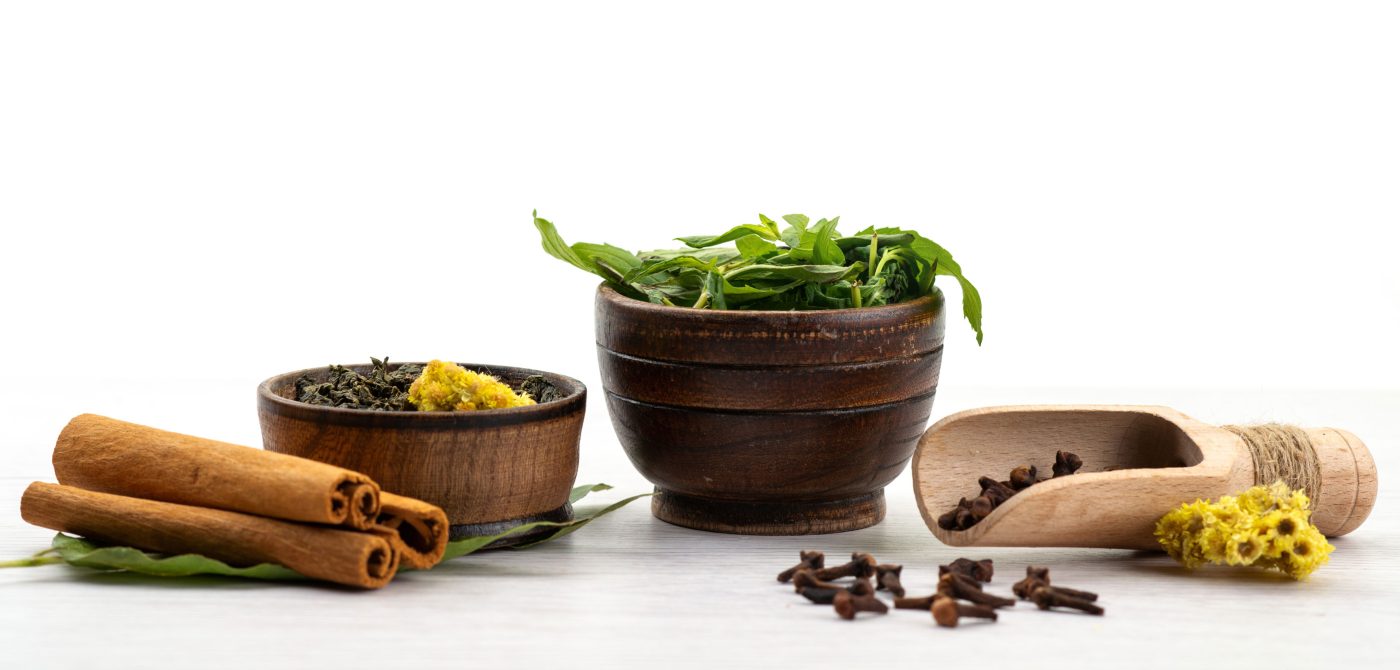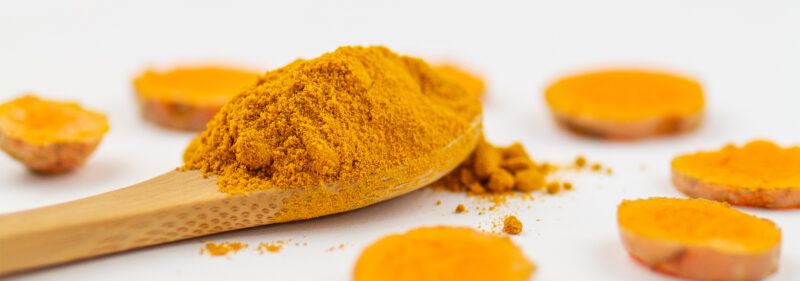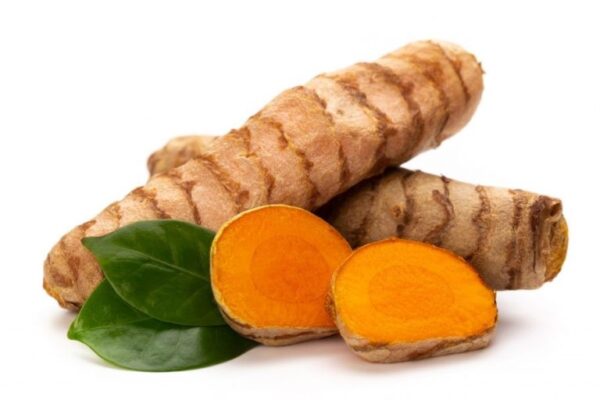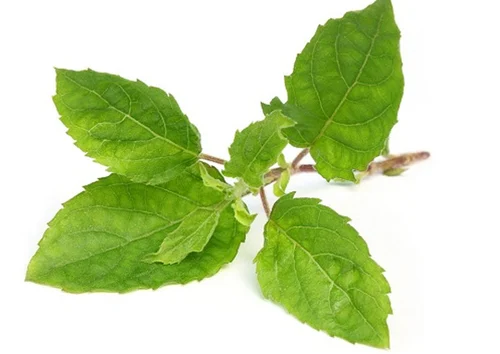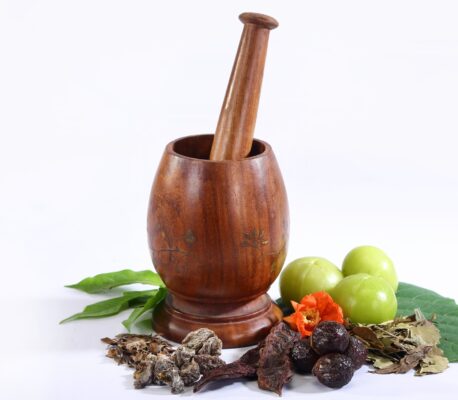Ayurveda
9 Most commonly used Ayurvedic herbal supplements 2023
Most commonly used Ayurvedic herbal supplements
Ayurvedic herbal supplements have been used for centuries to promote overall health and wellbeing. Ayurveda, which means “the science of life” in Sanskrit, is an ancient Indian system of medicine that emphasizes a holistic approach to health and wellness. According to Ayurveda, the body is composed of three doshas, or biological energies, which are known as Vata, Pitta, and Kapha. Each person has a unique combination of these doshas, which determines their physical and mental characteristics, as well as their susceptibility to disease.
Ayurvedic herbal supplements are designed to balance the doshas, promote overall health, and prevent disease.Ayurvedic herbal supplements are made from natural ingredients, such as herbs, roots, fruits, and spices. These ingredients are believed to have medicinal properties that can promote healing and prevent disease. Some of the most commonly used Ayurvedic herbal supplements include:
Ashwagandha:
Ashwagandha is an adaptogenic herb that is believed to help the body adapt to stress and promote overall wellbeing. It is known for its calming and rejuvenating properties, and is often used to reduce anxiety and promote restful sleep. Ashwagandha is also believed to boost immunity, improve cognitive function, and promote healthy aging.
Turmeric:
Turmeric is a spice that is commonly used in Ayurvedic medicine for its anti-inflammatory and antioxidant properties. It contains a compound called curcumin, which is believed to help reduce inflammation in the body and protect against chronic diseases such as cancer, heart disease, and Alzheimer’s disease.
Triphala:
Triphala is an herbal blend that is commonly used in Ayurvedic medicine to promote digestive health. It is made from three fruits, amla, haritaki, and bibhitaki, which are believed to help balance the doshas and promote overall wellbeing. Triphala is often used to relieve constipation, improve digestion, and promote healthy bowel movements.
Brahmi:
Brahmi is an herb that is believed to promote cognitive function and improve memory. It is often used to reduce stress and anxiety, improve mental clarity, and promote relaxation. Brahmi is also believed to have antioxidant and anti-inflammatory properties, which can help protect against chronic diseases.
Shatavari:
Shatavari is an herb that is commonly used in Ayurvedic medicine to promote women’s health. It is believed to balance the female hormones, promote healthy lactation, and support reproductive health. Shatavari is also believed to have antioxidant and anti-inflammatory properties, which can help protect against chronic diseases.
Amalaki:
Amalaki, also known as Indian gooseberry, is an herb that is rich in Vitamin C and antioxidants. It is often used to boost immunity, support healthy digestion, and promote healthy aging. Amalaki is also believed to have anti-inflammatory properties, which can help protect against chronic diseases.
Haridra:
Haridra, also known as turmeric, is an herb that is commonly used in Ayurvedic medicine for its anti-inflammatory and antioxidant properties. It is often used to reduce inflammation in the body, support healthy joints, and protect against chronic diseases such as cancer, heart disease, and Alzheimer’s disease.
Tulsi:
Tulsi, also known as holy basil, is an herb that is considered sacred in Ayurvedic medicine. It is believed to have antibacterial and antiviral properties, which can help protect against infections. Tulsi is also believed to have anti-inflammatory properties, which can help reduce inflammation in the body and protect against chronic diseases. Tulsi is often used to relieve stress and anxiety, promote relaxation, and support healthy digestion.
Shankhapushpi:
Shankhapushpi is an herb that is commonly used in Ayurvedic medicine to promote cognitive function and improve memory. It is often used to reduce stress and anxiety, improve mental clarity, and promote relaxation. Shankhapushpi is also believed to have antioxidant and anti-inflammatory properties, which can help protect against chronic diseases.
Ayurvedic herbal supplements are often formulated to address specific health concerns or imbalances in the body. For example, if someone has a Vata imbalance, which is characterized by dry skin, constipation, and anxiety, they may benefit from herbal supplements that are warming and nourishing, such as ashwagandha and ginger. Similarly, if someone has a Pitta imbalance, which is characterized by inflammation, irritability, and acid reflux, they may benefit from herbal supplements that are cooling and soothing, such as brahmi and shatavari. Ayurvedic practitioners often recommend a combination of herbs and supplements that are tailored to an individual’s unique needs and constitution.
One of the benefits of Ayurvedic herbal supplements is that they are generally considered safe and have few side effects when taken in recommended doses. However, it is important to note that herbal supplements can interact with prescription medications and may not be appropriate for everyone. It is important to consult with a qualified Ayurvedic practitioner or healthcare provider before starting any herbal supplement regimen.
In addition to herbal supplements, Ayurveda emphasizes the importance of a healthy diet, exercise, and lifestyle habits in promoting overall health and wellbeing. According to Ayurveda, each person has a unique constitution, or prakriti, which determines their individual needs for diet and lifestyle. Ayurvedic practitioners may recommend specific dietary guidelines and lifestyle practices, such as meditation and yoga, to help balance the doshas and promote overall health.
Ayurvedic herbal supplements have been used for centuries to promote overall health and wellbeing. They are made from natural ingredients and are often formulated to address specific health concerns or imbalances in the body. Ayurvedic practitioners may recommend a combination of herbs and supplements, as well as dietary and lifestyle practices, to help balance the doshas and promote overall health. While Ayurvedic herbal supplements are generally considered safe and have few side effects, it is important to consult with a qualified practitioner or healthcare provider before starting any supplement regimen

